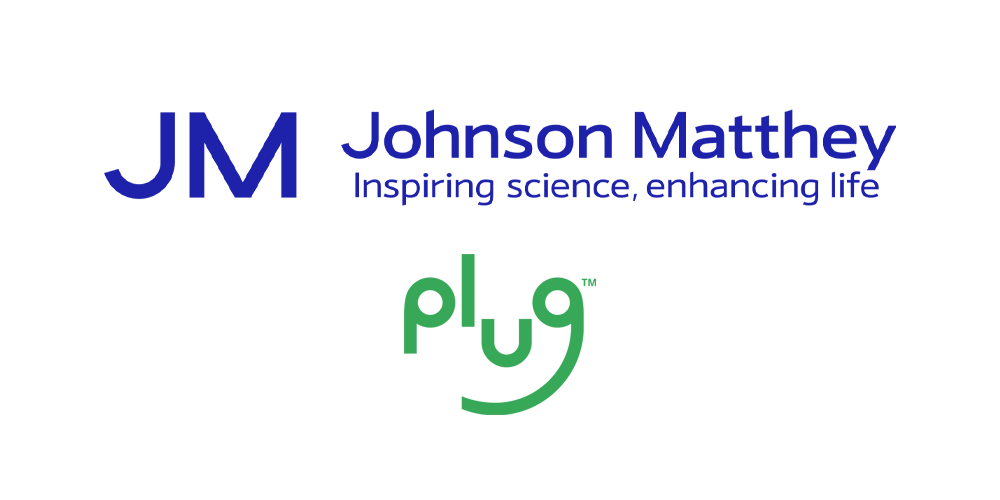Plug Power & Johnson Matthey enter FC cooperation
US fuel cell specialist Plug Power and UK chemicals group Johnson Matthey have entered into a strategic partnership that will result in supplier contracts and the construction of a joint US plant for catalyst-coated membranes.
Both parties announce that as part of the collaboration with Plug Power, Johnson Matthey will become a major supplier of membrane electrode assembly (MEA) components and will supply a significant portion of Plug Power’s needs for catalysts, membranes and catalyst coated membranes (CCM). These products are core elements for the production of fuel cells. The MEAs are considered the heart of every polymer electrolyte membrane (PEM) fuel cell, where the conversion from chemical to electrical energy takes place.
Also part of the British-American cooperation in the future will be a “secure supply of precious metals and recycling services” provided by Johnson Matthey. The central pillar of the long-term partnership is likely to be the planned joint construction of a CCM production plant. This is to be built in the USA with a capacity of 5 GWh and an expansion option of up to 10 GWh and is to start operations in 2025. The duo refers to it as “expected to be the largest CCM manufacturing facility in the world”.
Plug Power CEO Andy Marsh sees the new partnership strengthening his company’s supply chain. Johnson Matthey will help “strengthen our supply chain and underpin our ability to deliver on the growing demand for our fuel cells and electrolyzers. With a partner like JM, Plug is in a strong position to be the global leader of the green hydrogen economy.”
Johnson Matthey CEO Liam Condon says the agreed collaboration is a game changer for the rapidly developing hydrogen economy. “By bringing together one of the world’s largest green hydrogen and fuel cell companies with JM’s technology and production capabilities, we are creating a volume and scale for green hydrogen that has not been seen before. This partnership confirms JM’s world-class position in catalyst-coated membranes, the performance-determining components of electrolysers and fuel cells.”
The British chemical company had surprisingly exited the business of battery materials for the automotive industry in 2021, but continues to focus on its fuel cell components business. In mid-2022, the Group announced plans to build a UK factory for PEM fuel cell components for use in hydrogen vehicles. As things stood at the time, the factory at the existing site in Royston would offer an annual production capacity of 3 GWh from the first half of 2024 and could be expanded at a later date.
Exactly which components are to be produced in Royston was not clear from the announcement in July 2022. A total of 80 million euros are to be invested in the plant; the company itself refers to the production capacity as a ‘gigafactory’. The 3 GWh are to bring the existing manufacturing capacity of 2 GWh to 5 GWh.
Plug Power, for its part, wants to distinguish itself as one of the market leaders in the hydrogen economy – first and foremost with the provision of electrolysers, complementary hydrogen technology and the supply of green hydrogen. In North America, the company aims to produce 500 tonnes of hydrogen per day by 2025 and 1,000 tonnes per day globally by 2028.
In Europe, Plug Power is best known as a joint venture partner of Renault. In 2021, the duo had founded the joint venture Hyvia. The US company is also active in Asia through a cooperation with the South Korean SK Group, from which a joint venture emerged only a few months ago.





0 Comments